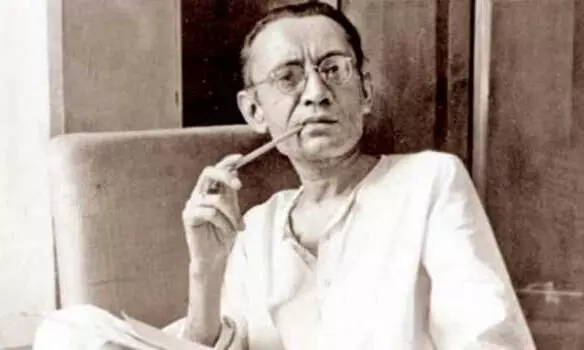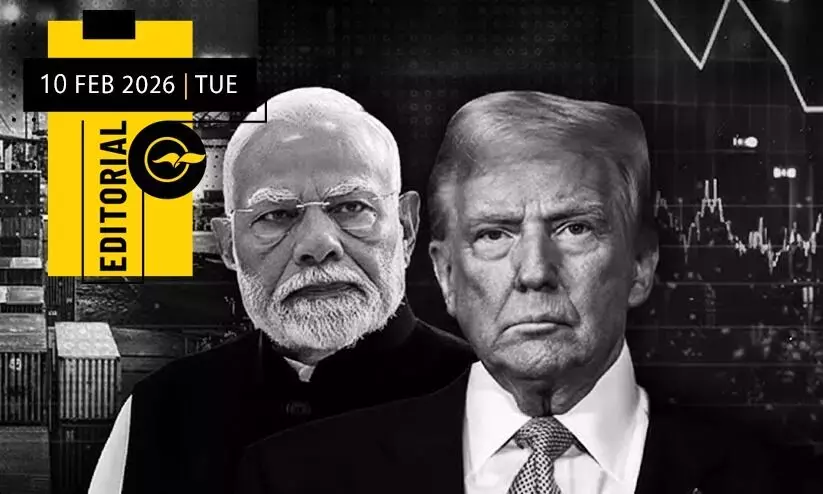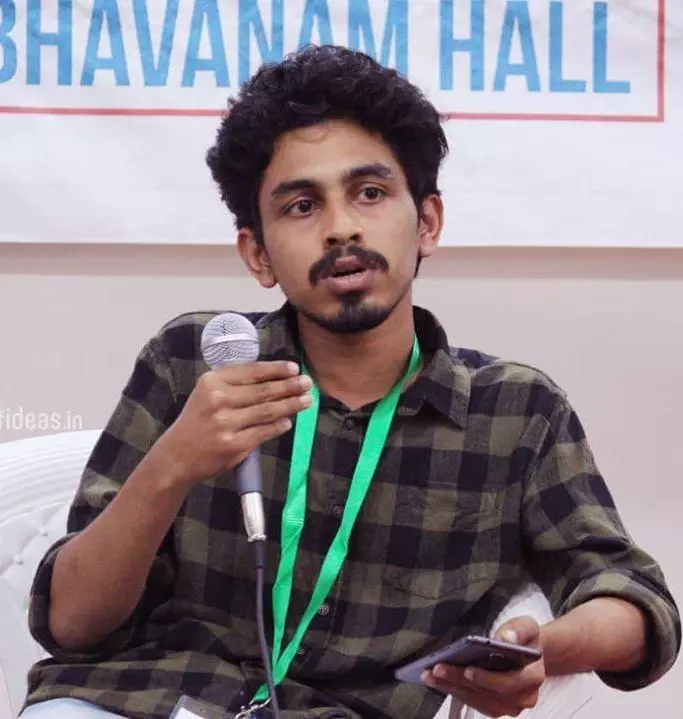

Born on May 11, 1912 Saadat Hasan Manto is one of the most celebrated authors. He passed away on January 18, 1955. Remembering the auteur on his death anniversary.
Memory, Modernity, and Madness: Reading Sadat Hasan Manto
text_fieldsThe partition of Colonial India into two, as India and Pakistan, was a crucial moment in the political history of the subcontinent. The ghost of partition and post-partition violence still informs and influences various political propaganda and debates in both states where a 'national' issue can be easily triggered by imagining the people/community from the 'rival' state as the 'antagonistic other'. It is not this essay's intention to get into the micro-details of partition and the political-historical triggers behind it. Rather, this is an attempt to read/remember Manto's literary accounts, 'Toba Tek Singh' in particular, in the background of the division and formations of nation-states and the violent, epidemical madness that followed it.
Gyanendra Pandey, in his 'Community and Violence: Recalling Partition' remarks that 'critical events like partition often lead to the radical reconstitution of the community'. He makes this remark while critically examining the uncontrolled violence, which often acts as a hurdle in-front of an ethical-political-sociological understanding of the event. Pandey observes that in most of the memories, accounts of the victims, violence was always 'out there' and never 'in us'. This imagination that violence is always what is done by the other, Pandey argues, leads to the demarcation of the borders of the radically reconstituted community. When partition happened, this violence 'out there' reached a level of 'unbearableness', creating mental desperation, among the helpless masses. This desperation, along with the sudden exposure to the liminal condition of territorial non-belongingness, was manifested through various shades of madness.
Michel Foucault, in his book Madness and Civilization (1971), notes that 'madness creates its meaning in an attempt to find truth; Most of the characters from the fictional, part-fictional partition narratives, especially in Manto's works, go through this state of mental condition which often crosses the limits of sanity and rationality to find order and normality amidst the chaotic every day. Here at this particular historical context, we find it very hard to define madness as a pathological stage, avoiding the sociological condition informing it.
One of his most revered works remains the short story Toba Tek Singh.
Manto's 'Toba Tek Singh', set on the premise of a mental asylum in the newly born state of Pakistan, discusses these very aforementioned conflicts. It opens with an exchange of inmates of a lunatic asylum, 'In other words, Muslim lunatics in Indian madhouses would be sent to Pakistan, while Hindu and Sikh lunatics in Pakistani madhouses would be handed over to India'. This exchange happens just after the exchange of the prisoners, as Manto notes. Interestingly, both prison and mental asylum come under the category of 'disciplinary institutions' in a Foucauldian understanding. Foucault associates disciplinary institutions along with the modern nation-state, as a distinctive feature of the modern manifestation of power. It is the aim of these institutions to 'control', 'reform' the 'abnormal', 'deviant' behaviors, and tendencies of the modern society.
Here in Toba Tek Singh, It is the lunatics, those who are viewed as 'irrational' and 'abnormal', and whose mutterings are ignored, who can perceive the absurdness of the very event of partition and to raise most rational questions against the structures of power, who drew the line of partition, who set the ground for a violent, unbearable and confusing mass exodus by completely ignoring the vernacular- territorial affects and affinities of the common people.
There's an instance in the story where a Sikh lunatic asks another Sikh: "Sardar Ji, why are they sending us to India? We don't even speak their language." This question exposes the shades of structural violence behind the formation of the modern nation-state. Benedict Anderson views this formation of the nation-state as "an imagined community encompassing so many people that most of them never actually will meet face to face, and who share nothing apart from an abstract sense of belonging to this expanded community (as opposed to the concrete sense of belonging to a
Smaller community); in other words, a community that one can only imagine, and which constantly demands or requires to be re-imagined". Anderson views simultaneity, an embodied temporality, the Benjaminian notion of "homogeneous, empty time", as the strong, cohesive force behind this image. The sudden creation/construction of an 'imaginary' boundary followed the immediate cultivation of an abstract sense of 'belonging' as a concrete idea created contradictions among the masses across both borders. The lunatics in 'Toba Tek Singh', felt a similar contradiction: 'If they were in India, then where was Pakistan? If they were in Pakistan, then how was it that the place where they lived had until recently been known as India?'. Thus, Manto exercises a powerful criticism of the possible risks of a nation-state, an inevitable product of modernity.
Manto's short stories explored the misery women faced during Partition, losing their identity as well as their kins
Manto explores this world of mental instabilities and psychological terrors in his various other short stories, namely in 'Thanda Gosh'. Manto, with his powerful political-moral critique combined with his historical-social honesty, produced short stories with unparalleled perfection. Ayesha Jalal, in 'The Pity of Partition', remarks that "Manto, the individual, and writer, is ideal fare for a historian of partition. An astute witness to his times, Manto crafted stories that give a more immediate and penetrating account of those troubled and troubling times than do most journalistic accounts of partition".
Remembering Manto at a historical juncture like this is a very crucial political act. He was a person who defied and more importantly ridiculed the absurdness and fixed interests behind the institutions of power. At the same time, he warned us of masculine chivalries and aggressive performances of nationalism and super-patriotism at the sight of an 'imagined other'. It is important to 'remember', for memory becomes an important political act in an age in which memories, memoirs, and monuments are not only forgotten but forcefully erased.
But at the same time, it is also very crucial to think about the various articulations/formations of resistance informed through claiming 'memory'. Unfortunately, in most of these claims, memory works as a stagnant-aestheticized object detached from the historical discourse. Though contestations can be made on the trustworthiness of the historical discourse, it is very important to resist the 'sloppy 'hypostatizing of "Memory" that glorifies it and makes it a therapeutic alternative to historical discourse', as Lila Abu Lughod observes. She warns us not 'to romanticize memory as "the repository of alternative histories and subaltern truths" but instead to attend to the processes of remembering, the fashioning of personal memories, the strategic silences, and those experiences, like sensory recollections or itemized lists, that cannot be put into narrative form". Therefore, Remembering Manto automatically becomes a remembrance of partition and the riotous, seminal political history attached with it.






















